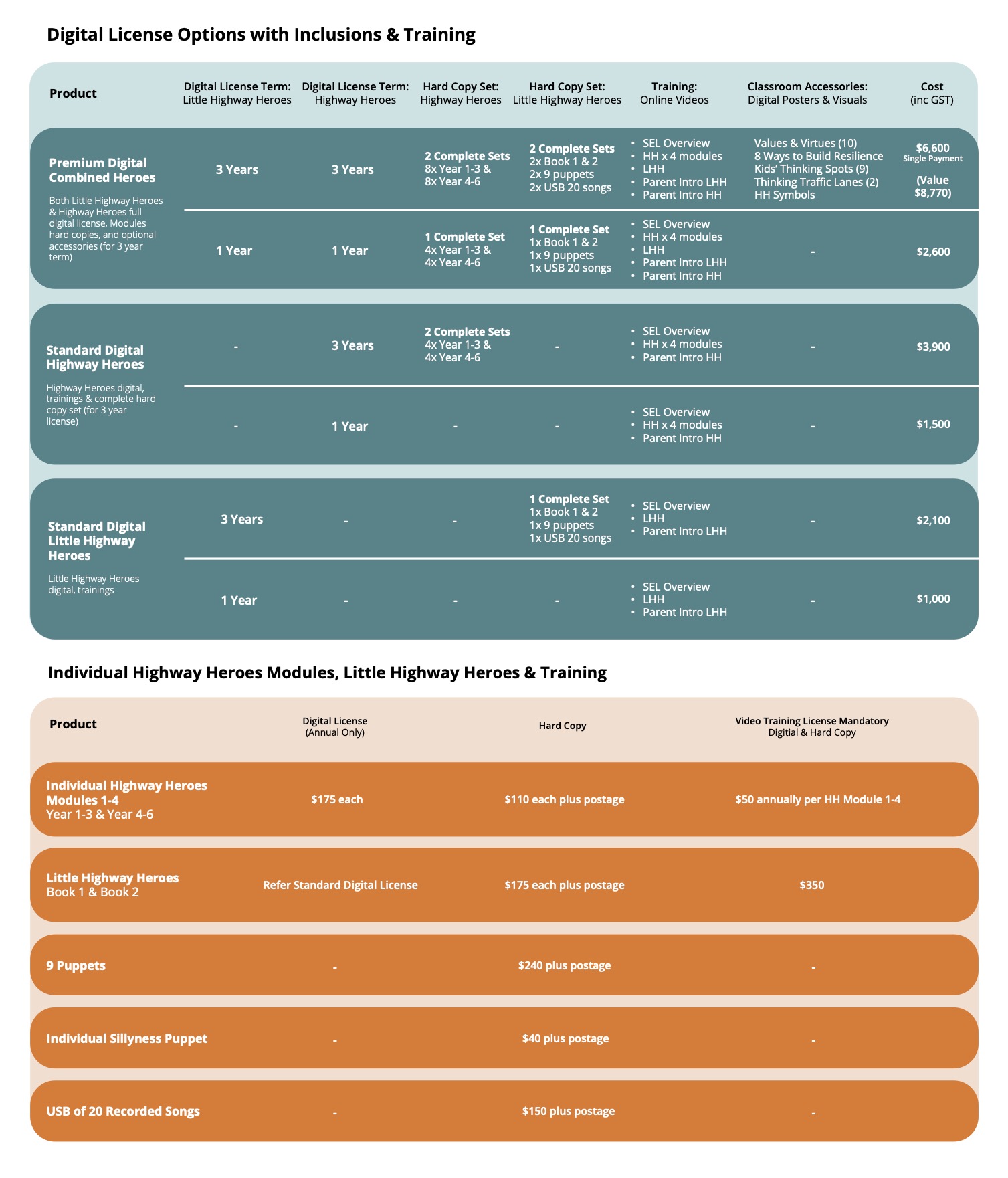I’ll confess to lying. I’ve turned the clock forward and served dinner 90 minutes early and then put all 4 children to bed, earnestly declaring that it was bedtime. Crisis averted – my ears got a rest and they got to finish out the day without seeing their mum rocking in the fetal position in the corner.
The tooth fairy, Father Christmas – how do we qualify those in parenting if we adamantly espouse the telling of the whole truth and only the truth on one hand and then gently slide into an acceptable and almost accepted untruth on the other hand?
Are there certain untruths and bendings of the truth that are acceptable – in fact, to be encouraged? Absolutely there are. Here are some that should make every parent feel a little better:
Social lies:
I asked my sons about a new orange top. “How does this look?” I asked. “You look like a giant pumpkin,” said son #2. Really – that was not was I was hoping for. I followed this up with some congratulating about his awesome truth telling skills and some further advise on how to massage the truth next time to something a little… kinder.
When it’s OK – When the truth is bent for the purposes of kindness and civility then that’s ok. Really, we want our children to remember that other people’s feelings can get hurt so speaking a kindness or finding something nice to say would be better than the truth – sometimes. It’s often braver, more noble and far more empathetic to withhold your truth and just be kind. I put this thinking to my second son. His response, on reflection, was to tell me that I would be very popular on Halloween. Ahem – closer.
When it’s not OK – Children don’t tell the truth sometimes because it’s awkward and they worry about getting into trouble. The child who goes for a sleepover and eats the dinner served up even though they’re gluten intolerant because they’re worried about telling the truth is going to have issues. Helping these children to speak their truth is very important – it comes with confidence and practise.
Mythical lies:
Believing in the jolly red man, the Easter Bunny, the tooth fairy – they’re a magical parts of many children’s growing up. Some families, flat out refuse to engage in these ‘lies’ as part of their family dialogue but for most, it’s something that adds excitement and a magical richness to family life, celebrations and traditions. There is no absolute right or wrong here – it’s just down to what works for each family. A word of caution comes in – if you choose not to weave these mythical lies into your family fabric, try not to make it the choice for other families who do. Older siblings, on finding out about the jolly red man, have to be woven into the family’s secret to give the younger children their chance to believe – so encouraging children to respect other’s belief systems and traditions (which is good parenting practice globally) makes sense.
Developmental lies:
Some children are not ready for life’s tough realities. We take the dummy away and we tell our little treasure that the Easter Bunny’s babies need them (golly, 2 lies in one!). Or our younger child asks about how they got made – and they’re just not there yet in being able to process the information so we mumble something or tell them a smudgy version of the truth.
When it’s OK – every parent knows when their child is ready to face the real truth. For some delicate little possums it might take longer and a little bit of cotton-wooling is necessary and recommended. Some children aren’t ready for the truth or there’s some beauty in the lie – like the tooth fairy, so we extend their time in that protected space.
When it’s not OK – our children grow up in communities – not bubbles. If there is a possibility of your child hearing the truth from another child then it’s best to tell them yourself. We’ve all heard or experienced the story of the playground sex-education ‘expert’ who fills our child’s head with a distorted version of the truth. That’s damaging and it’s much better to tell children the truth in that case and help them to manage it emotionally.
Protective lies:
Children ask questions like, “Who do you love the most?” or “Will you ever leave me?” that are difficult to answer in many cases. Lots about life is difficult, complex and scary and sometimes being protected from that reality is a good thing.
When it’s OK – there are some questions that are too hard to answer. Questions from young ones about death, about why a parent might not visit or call, about relationships – within and outside the family unit. For those children, a softened version of the truth is healthy.
When it’s not OK – protecting a child from the truth can create stress if a child then finds out in another way. It’s quite remarkable how much children know and can handle and sometimes protecting them from the truth doesn’t give them time to cope with the reality when it happens. Death, divorce – they’re happenings in families that require processing and a run up at coping with – and reassurance is sometimes better than shielding.
Honesty, as a quality, is something we all want from people in our lives – in our homes and workplaces. Sometimes though, there is a case to be made for versions of the truth, withholding the truth or even not telling the truth on purpose as we raise our children. Lying for malicious purposes – well, we all know that’s wrong. Always telling the truth – well, that’s not quite right either. How does this work in your family? How are you modelling values and encouraging your children into patterns of honesty as often as possible?
To find out more about BEST Programs 4 Kids’ resources for children, parents, educators and health professionals, take a deeper look at our website. We also welcome emails (really!) at [email protected]. We are the Children’s Wellbeing Experts – and it’s our mission to help you become one too.



1 Comment. Leave new
I really enjoyed your post. I do not personally have kids but I have a large family so I am around them all the time. In one of the classes that I am currently taking we have been talking about the ethics in lying. Some people say that it is always wrong no matter what and others say that it depends on the circumstance. One of the communication philosophers that we encountered in this week’s reading was Charles Fried. He states that “lying always is wrong because it demonstrates disrespect for the person as beings capable of rational judgments and of free and intentional choice” (Johannesen, Valde, Whedbee; 2008). Like the examples you listed I feel that there are instances where it is justified. There have been many times when my little sister was younger that I had to lie about something because she was not mature enough to understand what was going on.
Johannesen, R. L., Valde, K. S., & Whedbee, K. E. (2008). Ethics in human communication. Long Grove, IL: Waveland Press.